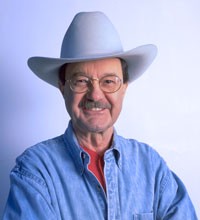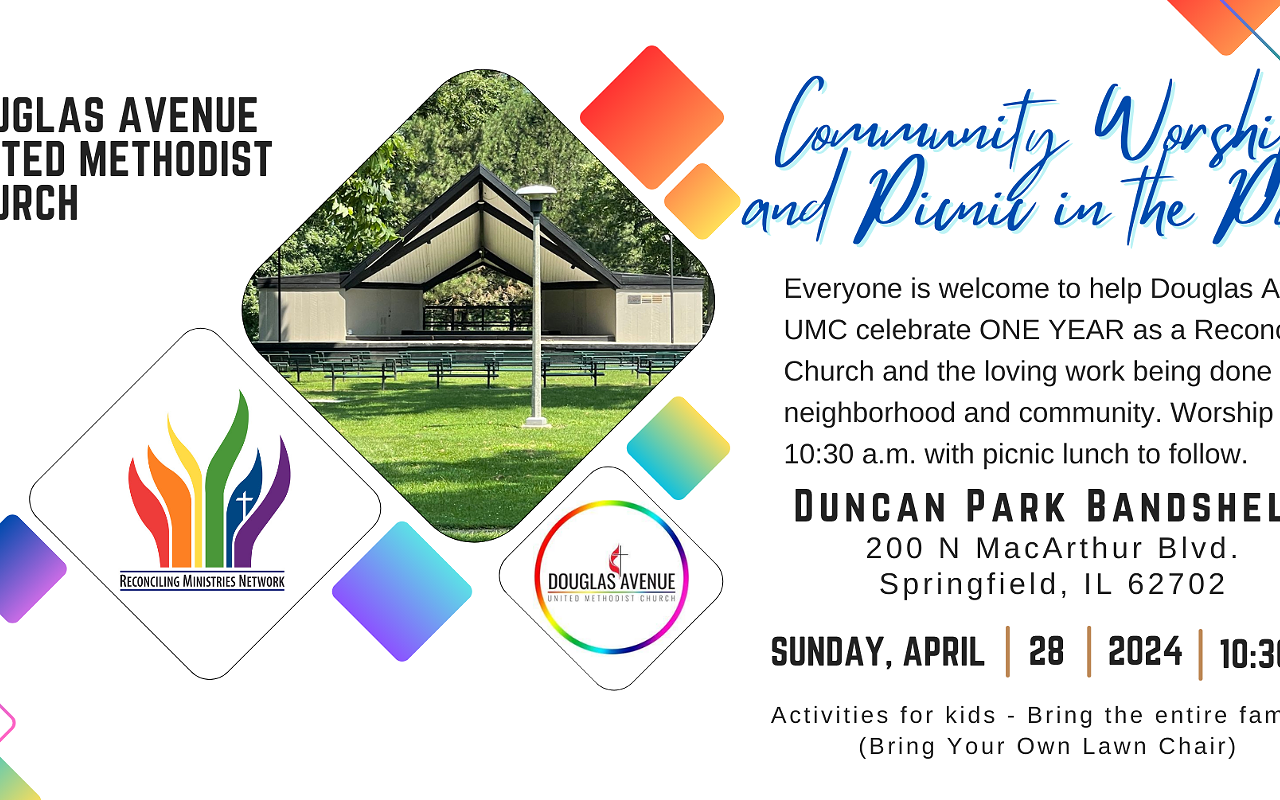The U.S. Department of Agriculture has exciting news for you: Hunger no longer exists in America!
Is the federal government saying that the shame of hunger has at long last been eliminated? No. Only the word “hunger” has been eliminated. There are still 35 million Americans — 12 percent of us — who are so poor that they couldn’t put food on their tables at times last year, with 11 million reporting going hungry. Now, however, thanks to the Bush administration’s relentless program of liberal-cleansing, these Americans will not officially be categorized as hungry. Instead, they are henceforth to be referred to as “very low food security” Americans.
It seems that “hunger” is a powerful word that displeases right-wing ideologues. So the Bushites told a committee of statisticians to come up with a scientific euphemism to sugarcoat the reality that so many of our people struggle daily to feed their families. Thus the actual condition of hunger is, in the graceful words of Bush’s newspeak bureaucrats, “a potential consequence of food insecurity that, because of prolonged, involuntary lack of food, results in discomfort, illness, weakness, or pain that goes beyond the usual uneasy sensation.”
Also, Bush’s committee helpfully subdivided the food-deprived. Now, there are those people who merely suffer “low food security” (they aren’t sure where their next meal is coming from). Then there are those with “very low food security” (they’re sure they won’t have a next meal.) According to the newspeak wordsmiths, you only get “very low” status if you experience “multiple indications of disrupted eating patterns and reduced food intake.
In other words, you are the hungriest of the hungry — but don’t call yourself that, because using such plain words might stir public empathy and lead to demands for stronger national action to eliminate “low food security” in America.
Jim Hightower is a national radio commentator, columnist, and author.
















